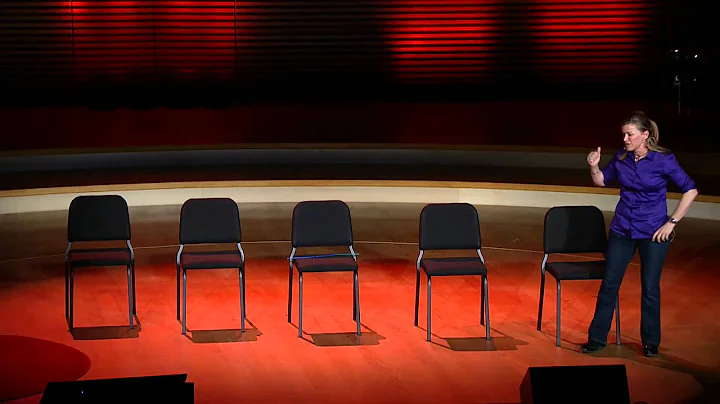
My friends, we have overcome our more terrible enemies, and what we are going to fight against now is not hunger and poverty, but people. Everything is determined today. Remember the promise you gave me when you were at Tirekieam. Remember how you swore to each other in front of me: Never leave the battlefield unless you win. Companion soldiers, these are the people we met in the stone pillars of Hercules in the past, the people who ran away from us in Italy. They are those who are going to disband us with honor, triumphantly, and reward us with no honor, no triumphant, no reward with us, no reward with us. I offer them fair terms and cannot convince them; I give them benefits, nor can I fight for them. You know, some of them were released by me without hurting them, and hopefully we can give them a little sense of justice. Today you will recall all these facts; if you have some experience of me, you will also remember my care for you, my faithfulness and the gifts I have given you generously.
Hardworking and experienced soldiers are not difficult to defeat the recruits, because the recruits have no combat experience and are like children, undisciplined and disobey their commanders. I heard that he was afraid and unwilling to fight. His fortune has passed; he has become slow and hesitant in all actions; he is no longer giving orders by himself, but obeying other people's orders. I said these things only for his Italian army. As for his Allies, don't think about them, don't pay attention to them, don't fight them at all. They are slaves of Syrian , Foricia and Lydia , and are always ready to escape or be enslaved. I know very clearly, you will see it right away. Pompei himself will not give them status in the battle. Even when these allies run around you like dogs and threaten you, you only need to pay attention to the Italian soldiers. When you have defeated the enemy, let us forgive the Italian soldiers, for they are our fellow tribesmen, and only massacre the Allies, which terrify the others. To make me know that you have not forgotten your promise of death, when you go to fight, first destroy the barriers of your barracks and fill the trenches; so that if we do not win, we will have no place to escape, so that the enemy will see that we have no barracks and know that we have to station in their barracks.
[Appreciation]
"Never leave the battlefield unless you win" is a speech delivered by Caesar to soldiers before the Battle of Fasalu. At that time, Caesar's army had about 20,000 people, while Pompei's army was twice as many as Caesar's. In terms of power, Caesar is at a disadvantage, but the large number of people is not the only basis for victory. Whether an army has combat effectiveness depends on the level of morale. Therefore, Caesar fully demonstrated his speech talent and focused on encouraging the morale of the entire army.
Caesar first pointed out the importance of this battle: "Everything is determined today." Just as Pompei's army was dispersed, Caesar said to the soldiers, if they let the enemies gather together again, they would only win one day; but if they captured the enemy's barracks, they would end the war in one fell swoop; Caesar also used the oath of the soldiers to "never leave the battlefield without victory" to inspire the soldiers to kill the enemy bravely and obtain complete victory; then used parallelism to calendar the unfair treatment of the veterans to the soldiers, that is, after the soldiers completed the great war for Rome , and after countless victories, "we would not give us honor, would not give us triumphant, would not give us rewards", but would disband us. These unfair treatments are in sharp contrast to Caesar's "care", "faithfulness" and generous gifts to the soldiers. This aroused the soldiers' resentment towards the enemy and support for themselves.At this point, Caesar has gained the advantage of "what people want", which is an important condition for winning the war.
Facing the enemy with an absolute advantage in quantity, in order to boost morale and establish confidence in victory, Caesar further elaborated on the enemy's weaknesses, pointing out that the enemy is a new recruit without combat effectiveness; the commanders are "slow" and "hesitant" and "fear of fighting"; their Allies are slaves who are "always ready to escape". They are simply unable to compare with Caesar's veterans who have experienced many battles and endured hardships. This strengthened the soldiers' determination to win.
Finally, Caesar once again praised the soldiers' oath of "death if they cannot win", and decisively called on the soldiers to destroy the barriers of their own barracks, fill the trenches to defend against the enemy, and fight against the enemy with the determination to burn their boats with the enemy's .
Caiser's speech inspired the soldiers, who bravely rushed to the battlefield and fought bravely. Cracinnas, the captain of the Centenarians, said proudly, "Oh, Caesar, we will win, you will thank me, or I am alive, or I am dead." Then he seemed to be possessed, and rushed in the ranks of the enemy, invincible. When he went to find him after the war, he was killed. Caesar hung the military medal on him, buried him, and built a unique tomb for him.
In short, this speech shows Caesar's outstanding speech talent with simplicity, clear and powerful contrast and magnificent parallelism.











